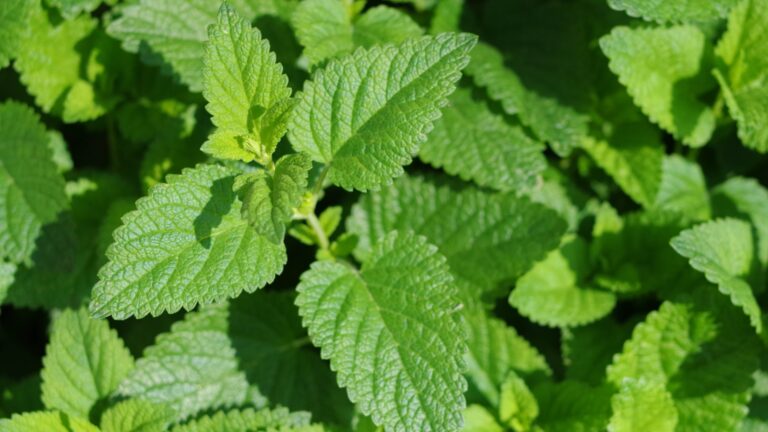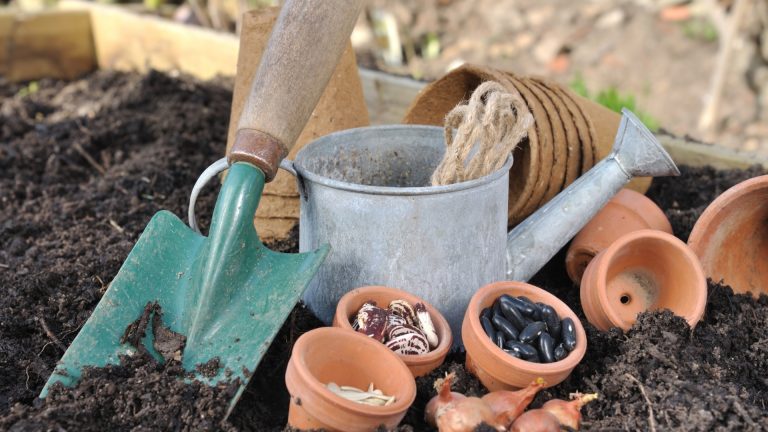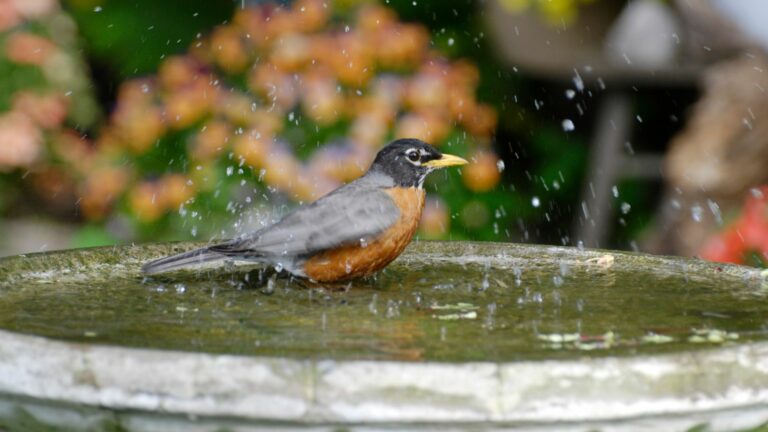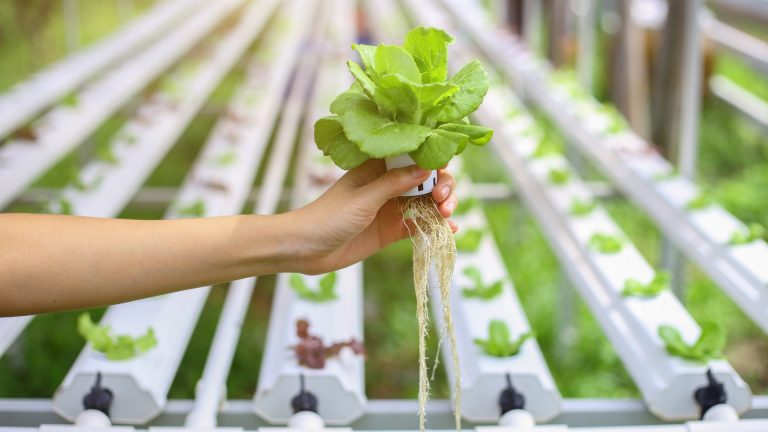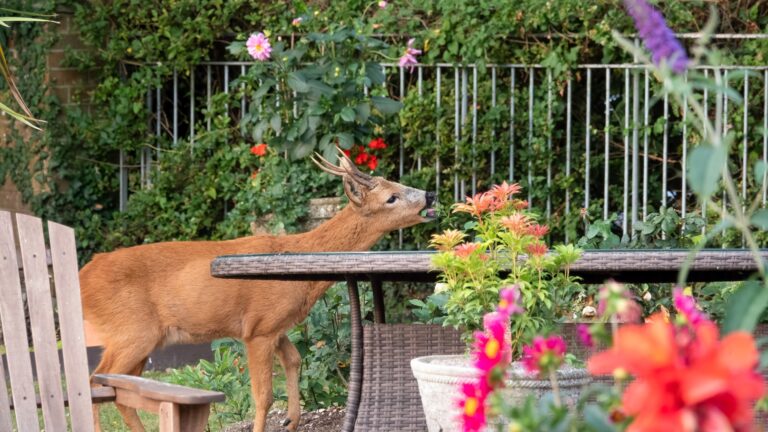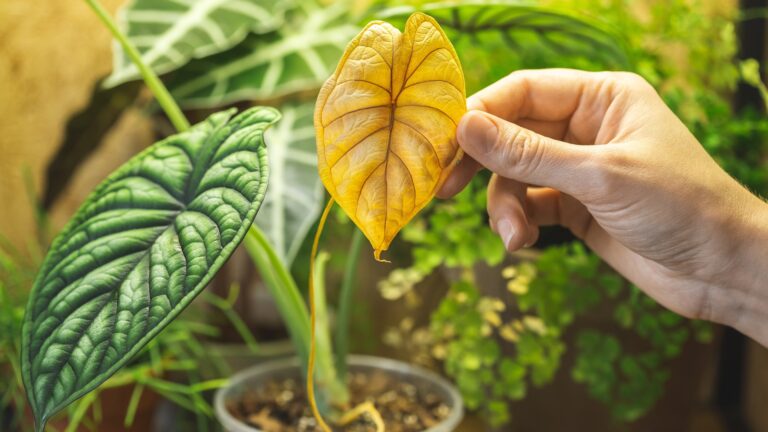Ways Leaf Biochar May Help Kansas City Gardeners Improve Their Beds
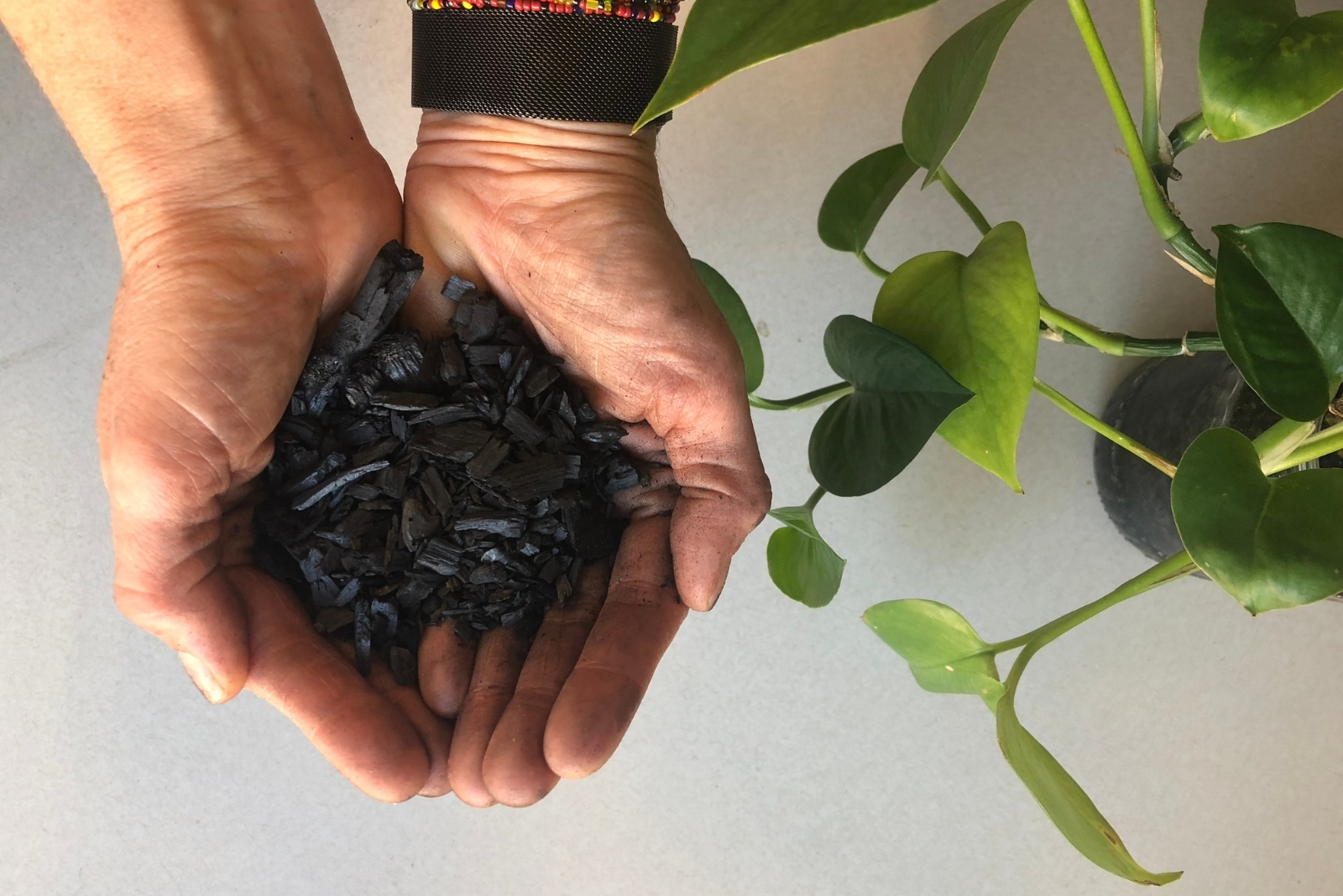
Kansas City’s soil can be stubborn, but a bit of leaf biochar can work wonders. It’s a way of locking in nutrients while keeping moisture where your plants need it most.
Think of it as upgrading your garden bed’s foundation without the fuss. The results can be richer growth and fewer dry spells. It’s a small tweak with a surprisingly big impact.
1. Improves Soil Structure
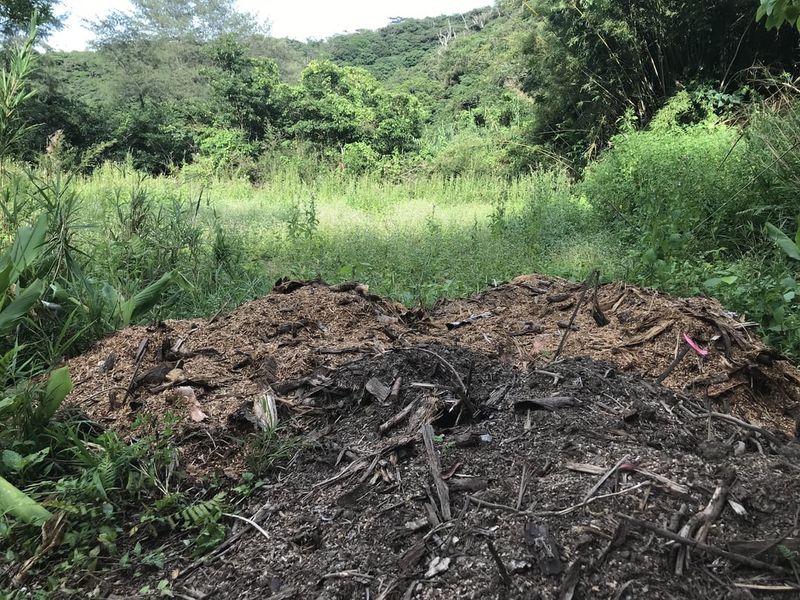
Clay soils throughout Kansas City become lighter and more workable with biochar’s porous structure. The tiny carbon particles create spaces for air and water to move freely.
Your plants will thank you as their roots can spread more easily. Even the heaviest Missouri clay transforms over time, becoming less compacted and more garden-friendly.
2. Boosts Water Retention
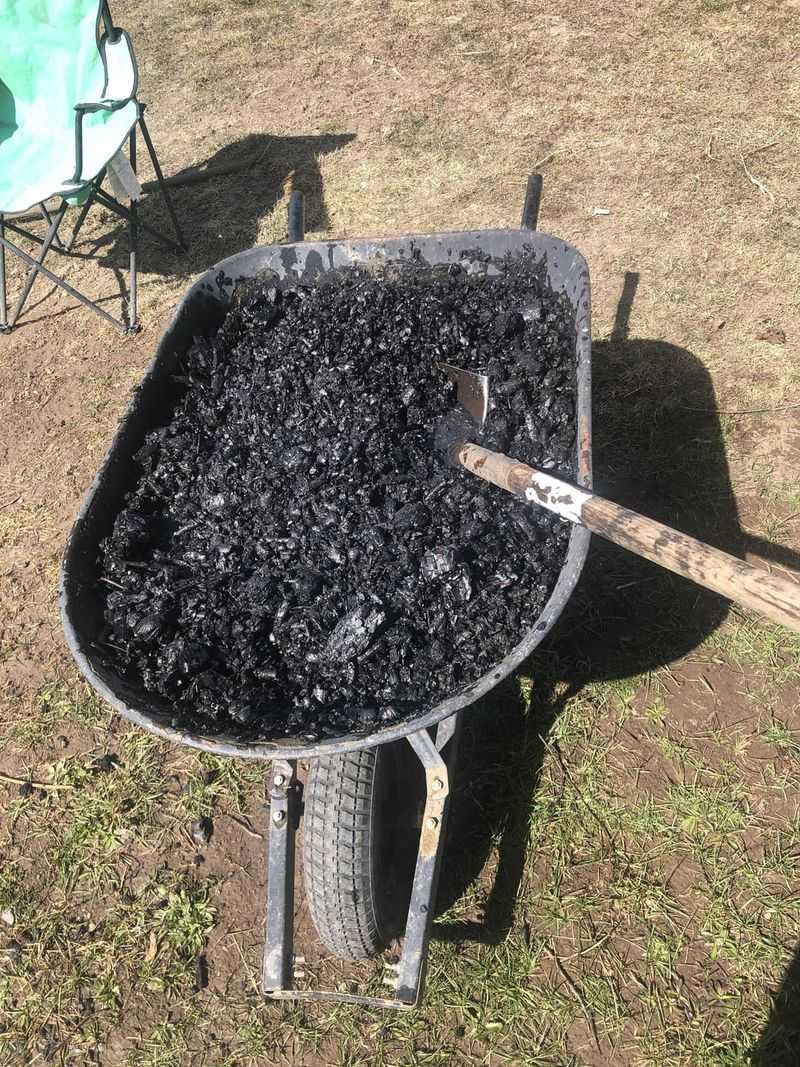
During Kansas City’s hot summers, biochar acts like a sponge in your garden beds. Its honeycomb structure holds moisture that would otherwise drain away or evaporate.
Plants access this stored water during dry spells. Your watering schedule might become less frequent, saving precious resources while keeping gardens lush even in Missouri’s summer heat.
3. Reduces Nutrient Leaching
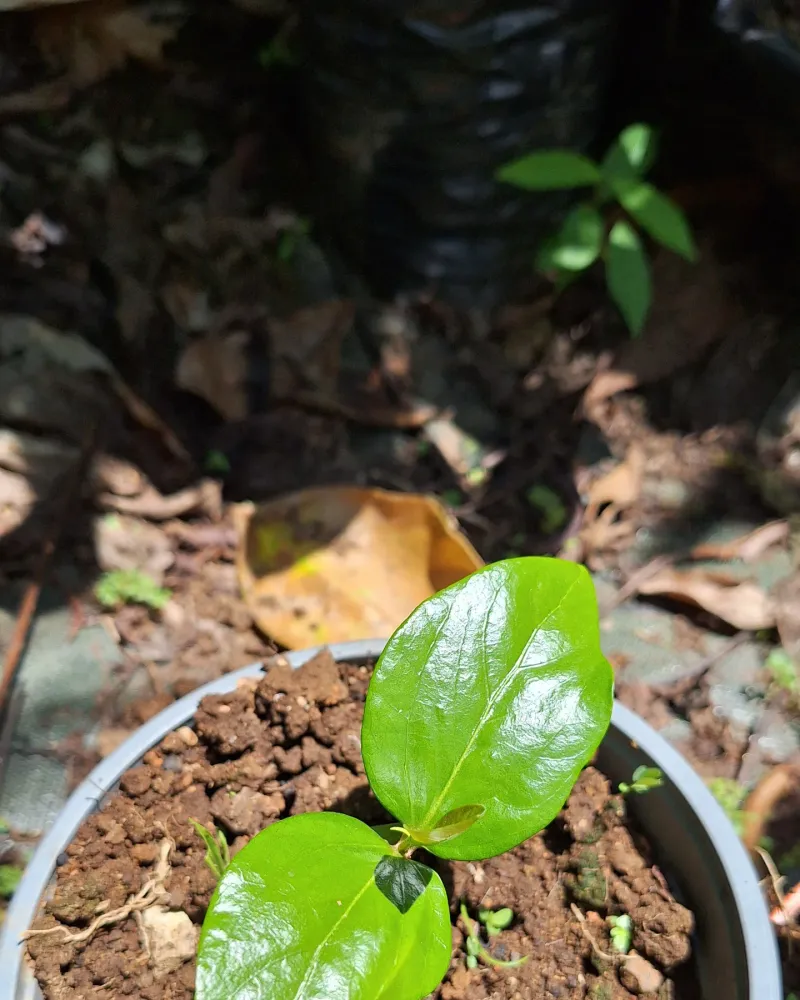
Nutrients often wash away during Missouri’s heavy spring rains. Biochar grabs onto these valuable plant foods, holding them in place until your plants need them.
This natural retention system works like a nutrient bank account. Kansas City gardeners find their fertilizer goes further, with less waste and more benefit to plants throughout the growing season.
4. Balances Soil pH
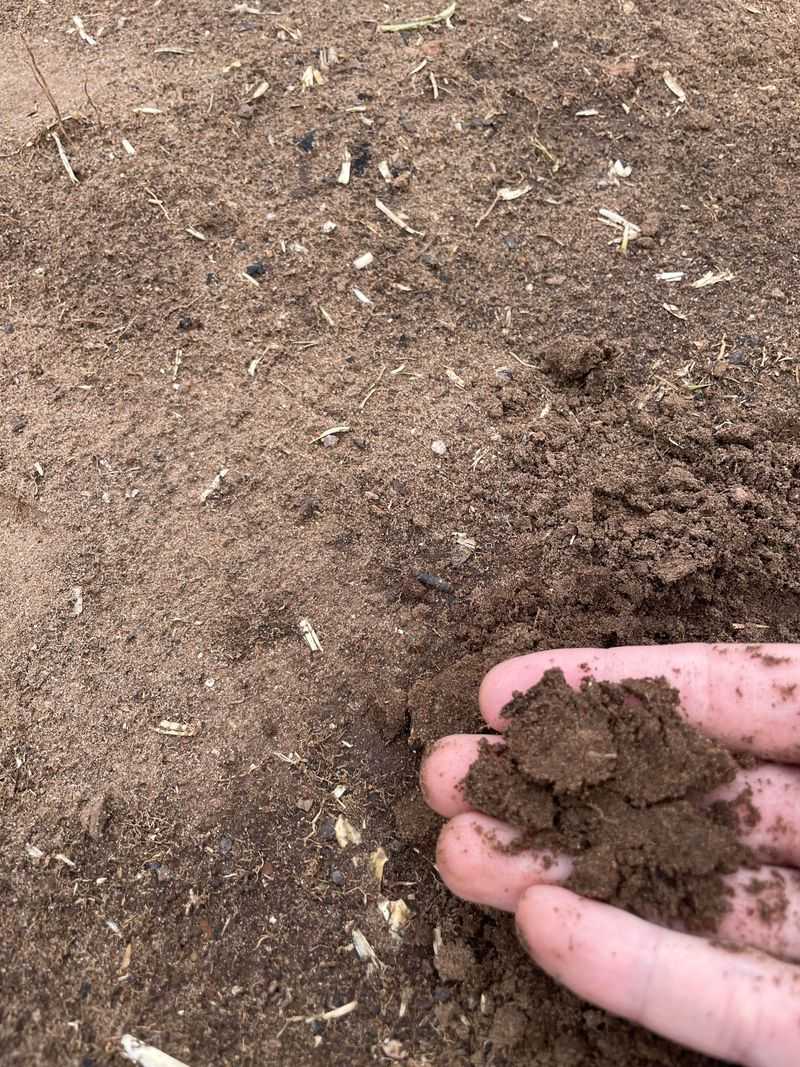
Many Kansas City gardens struggle with acidic or alkaline conditions that limit plant growth. Biochar acts as a pH buffer, helping to neutralize extremes and create more balanced growing conditions.
Acid-loving plants thrive alongside those preferring more alkaline soil. This natural balancing act makes Missouri gardens more versatile without requiring constant pH adjustments.
5. Sequesters Carbon
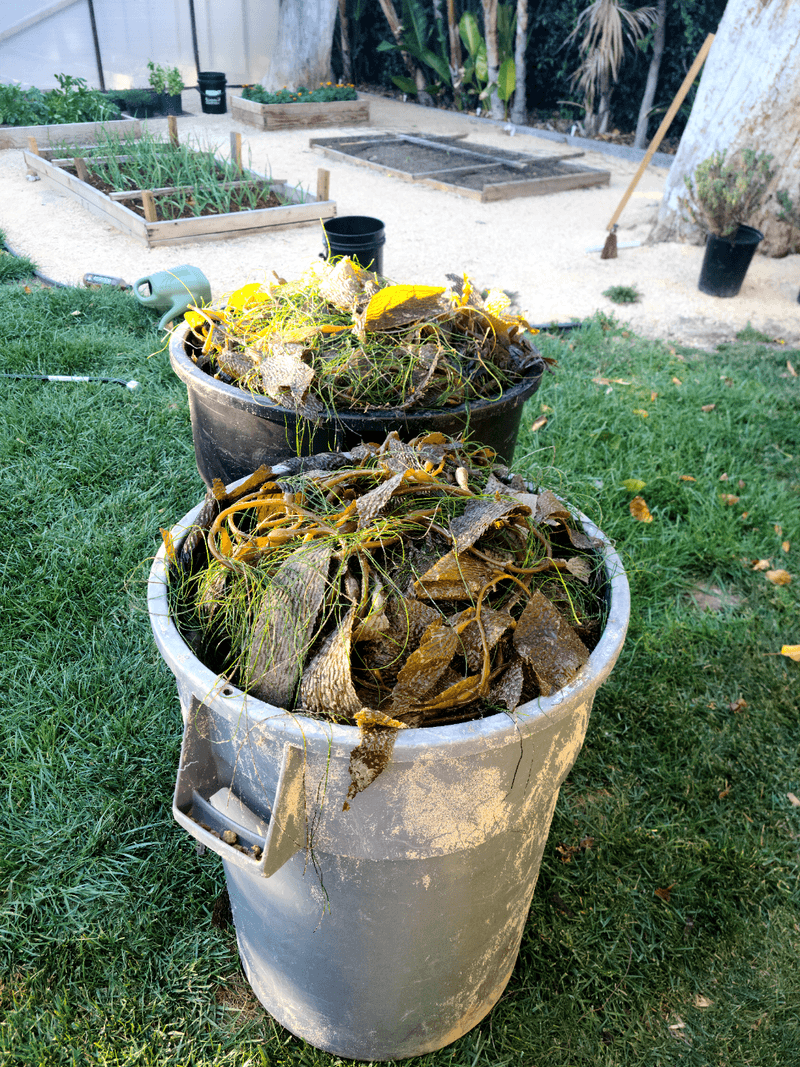
Climate-conscious Kansas City gardeners appreciate biochar’s ability to lock carbon in soil for hundreds of years. Instead of leaves releasing carbon dioxide when decomposing, the carbon becomes a permanent soil improvement.
Your Missouri garden becomes part of the climate solution. Each bed amended with biochar represents a small but meaningful step toward environmental stewardship in your own backyard.
6. Reduces Soil Compaction
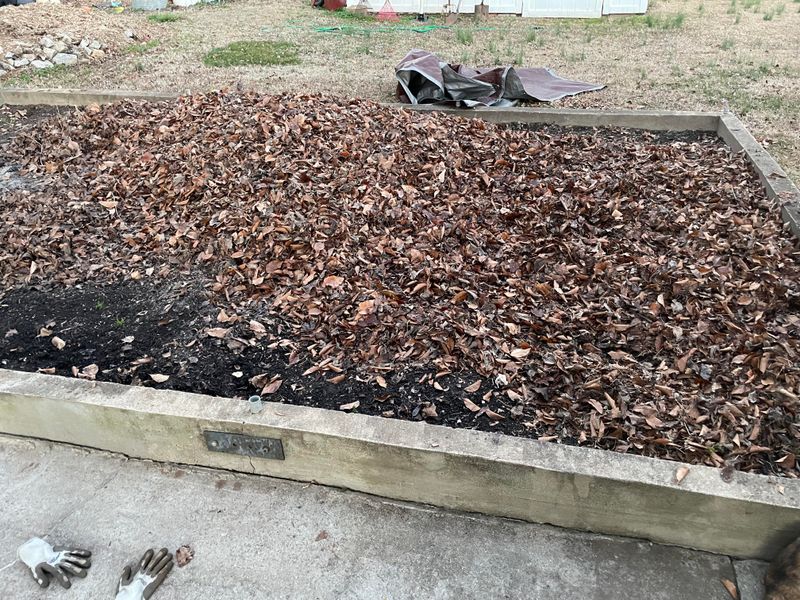
Heavy Missouri rains can pack garden soil tight, making it difficult for roots to penetrate. Biochar creates lasting structure that resists compaction even after years of weather extremes.
Kansas City gardeners find less need for tilling and turning. The improved soil structure maintains itself naturally, saving your back while creating better growing conditions for deep-rooted plants.
7. Filters Environmental Contaminants
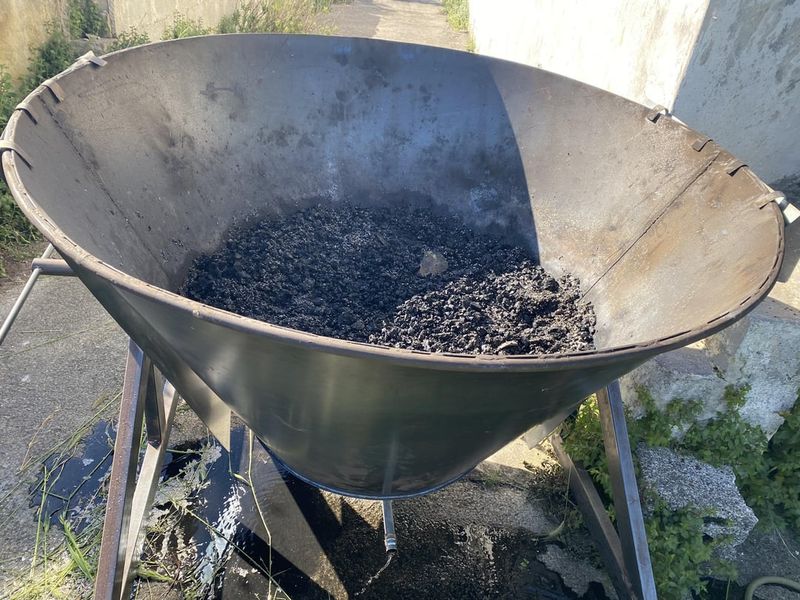
Urban Kansas City gardens sometimes contain trace pollutants from nearby roads or old buildings. Biochar’s sticky surface attracts and binds many common contaminants, keeping them from entering your plants.
This natural filtration system creates cleaner growing conditions. Missouri gardeners rest easier knowing their homegrown vegetables have an extra layer of protection from environmental pollutants.
8. Extends Growing Season
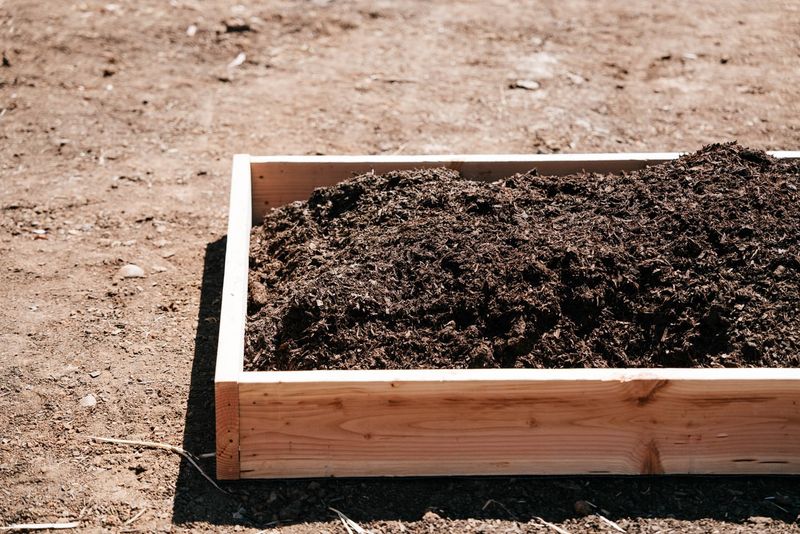
Dark-colored biochar absorbs sunlight, gently warming soil during Missouri’s cool springs and falls. This natural heat bank can add precious weeks to your growing season.
Kansas City gardeners plant earlier and harvest later with biochar-amended beds. The temperature-moderating effect creates more consistent growing conditions throughout our region’s sometimes unpredictable seasons.
9. Creates Long-Term Soil Benefits
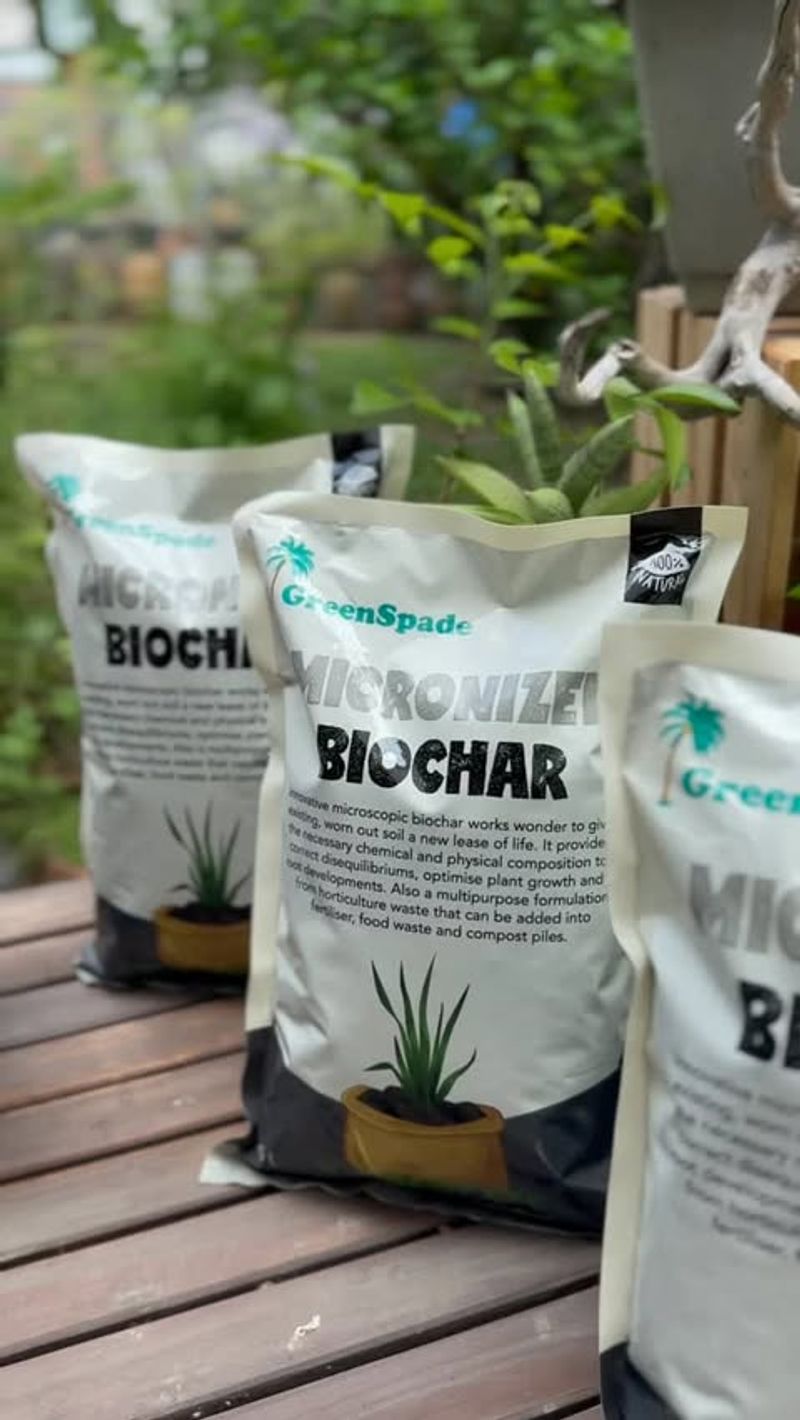
Unlike compost that breaks down yearly, biochar remains active in Kansas City soils for decades or even centuries. One application continues improving your garden for years to come.
This permanence makes biochar a true investment in your Missouri garden’s future. The initial effort of making and applying leaf biochar pays continuous dividends through healthier plants and more productive garden beds.

